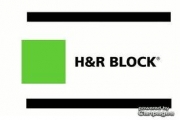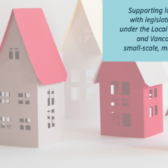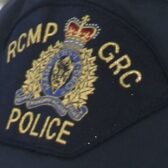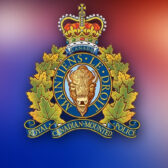FIVE WAYS TO GET THE MOST OUT OF YOUR TAX RETURN
Tax time is getting closer than we think (2014 deadline to file is April 30) and The Nelson Daily, with help from H&R Block, is providing tips to the public leading up to the final day of filing to Revenue Canada.
Today we focus on five ways to get the most out of your tax returns.
A common goal for Canadians every tax season is to avoid paying taxes. Making an error on your taxes can mean you pay more tax than absolutely necessary. Here are five ways to make the most of your tax return:
- File even with no income: There are benefits like the Canada Child Tax Benefit and GST/HST benefit that are calculated based on your last tax return filed. Depending on where you live, you may also be eligible for provincial benefits. You do not need income to qualify for these benefits. But not filing means the benefits will not be paid. Both parents have to file in order to receive the CCTB.
- Do your homework: Missing a credit is like leaving money on the table. Research credits and deductions you may be eligible to claim including RRSP contributions, employment expenses, charitable donations, tuition and medical expenses. And if you are missing receipts, it is worth the extra time to track it down. Every piece of paper represents a little less tax you have to pay.
- Pool receipts: Married and common-law spouses may be able to pool charitable donations and medical expenses to maximize their tax savings. Same with the Transit Pass Credit for families. Parents can claim passes for children under 19.
- File on time: A tax refund is money you have overpaid the government over the course of the year so file your return and get it back. The government doesn’t pay interest on the money.
- Avoid a refund: Ultimately, you want to owe the government nothing when you file your return. If your situation has changed over the year, ask your payroll department if you can update your TD1 Form to reflect the changes. It may mean every paycheque has a few more dollars on it because you are not overpaying your taxes.

























